Who Can Be a Candidate for a Liver Transplant in Iran?

Generally, anyone who has liver problems and can no longer benefit from medical therapy can be a candidate for a liver operation. There are some of the conditions for liver transplant including hepatitis C, alcohol-caused liver disease, hepatitis B, hemochromatosis, veno-occlusive disease, polycystic disease, primary biliary cirrhosis, primary sclerosing cholangitis, and more.
The candidates for liver transplant surgery must be well enough to undergo the operation and recovery. The following factors disqualify a candidate for the operation:
- Lack of social support
- Lack of financial resources
- Noncompliance with medical treatment or follow-up
- Cancer that has spread outside the liver
- Advanced lung, heart, or kidney disease
- Active alcohol or drug abuse
- Untreated or active infection
To know if you are a good candidate to get this operation, you better make an appointment with a doctor in the first place.
In addition, to be a living liver donor, you should:
- Be at the age of 18 – 60
- Have a compatible blood type
- Have a healthy weight
- Have a proper psychological condition
- Avoid alcohol until fully recovered
- Be in a proper psychological condition
Despite these factors, you probably should take several tests to determine your eligibility. These tests are blood tests, CT scans, Physical exams, Tissue matching, Electrocardiogram (EKG), and chest X-ray.
The Pros and Cons of a Liver Transplant
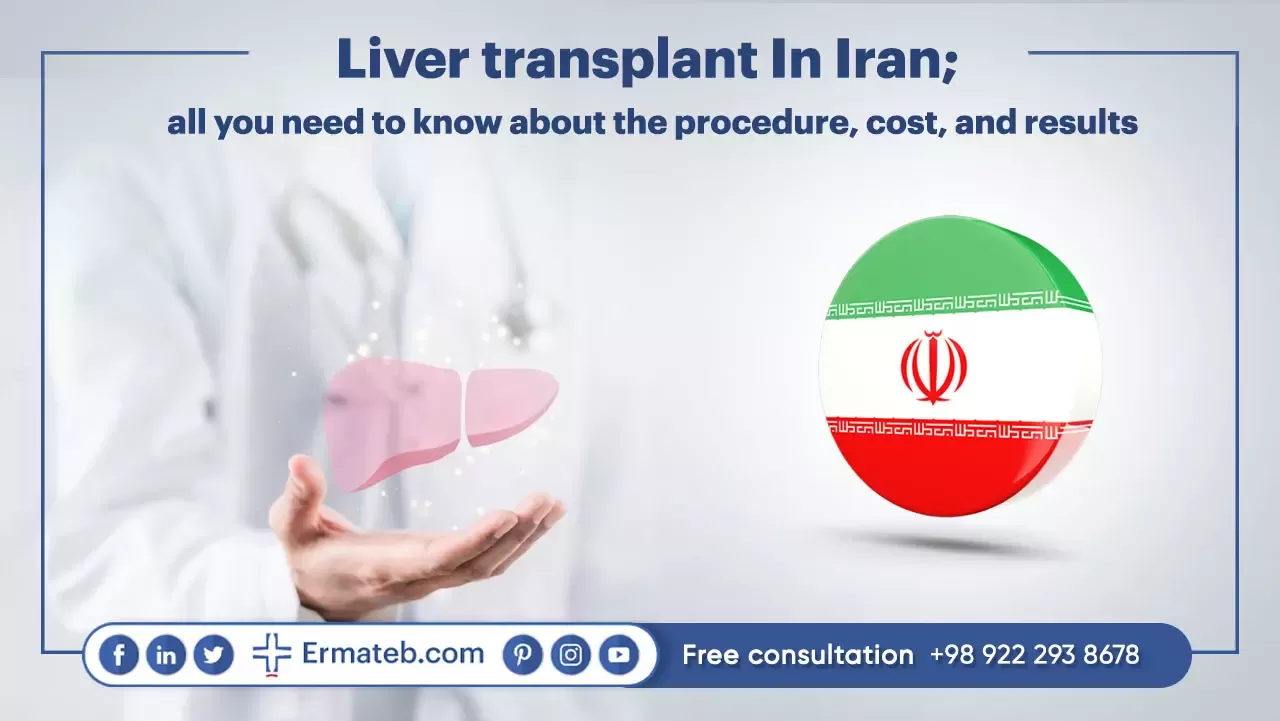
This operation has some pros and cons and if you want to undergo this surgery, it is better to consider them. Some pros of the surgery are:
- It can improve the quality of the patient’s life. The patient can live longer and they have more energy and the ability to go back to normal activities like work.
- It can cure the problems of the liver, and also cure some types of liver cancer. In some cases, a liver transplant is the only way to eliminate the tumor and prevent it from spreading. In addition, it can decrease the risk of recurrence or new tumors.
- This surgery can be done with a living donor. If you know someone who is a compatible living donor, like a friend or family member, instead of waiting for a deceased donor, you can receive a portion of their healthy liver. This helps you not to wait too long to get your treatment, decreases the risk of side effects, and also improves the results of the transplant. Living donors also feel good about helping someone who needs a healthy liver. We should mention that the donor’s liver will grow back to normal size after a few months.
Some cons of the surgery are:
- One of the cons of this surgery is its possible side effects such as infection, bleeding, blood clots, organ rejection, bile duct problems, and graft failure. These complications may need further surgery or drugs to be treated. You should take them seriously since they may be life-threatening or cause death.
- An organ transplant, including a liver transplant, needs lifelong certain medications and follow-up care. After the surgery, you need to use immunosuppressants to prevent the body from rejecting the new liver. These medications have complications like diabetes, high blood pressure, kidney problems, certain cancers, and osteoporosis. The patient will be required to have regular check-ups and blood tests.
- One of the important things we should know is that a liver transplant is not a cure for all kinds of liver problems and diseases. Therefore, some liver diseases may continue after the liver operation. These diseases may be hepatitis B or C, autoimmune hepatitis, or alcoholic liver disease.
- Not everyone can get a liver transplant since the number of livers is much lower than the number of patients who need a liver transplant operation. On the other hand, some individuals may not qualify for it because of other health issues, lack of social support, active substance abuse, or noncompliance with treatment. If you are lucky to be an eligible candidate for a liver transplant, you have to wait for a long time to receive a donated liver. Once again, we should note that despite other countries that have waiting lists, there are no waiting lists in Iran. Therefore, you can get your liver transplant treatment as fast as you can and start an easy, happy life without worrying about the inability of your liver and its costly treatments.
How Much Does a Liver Transplant in Iran Cost?
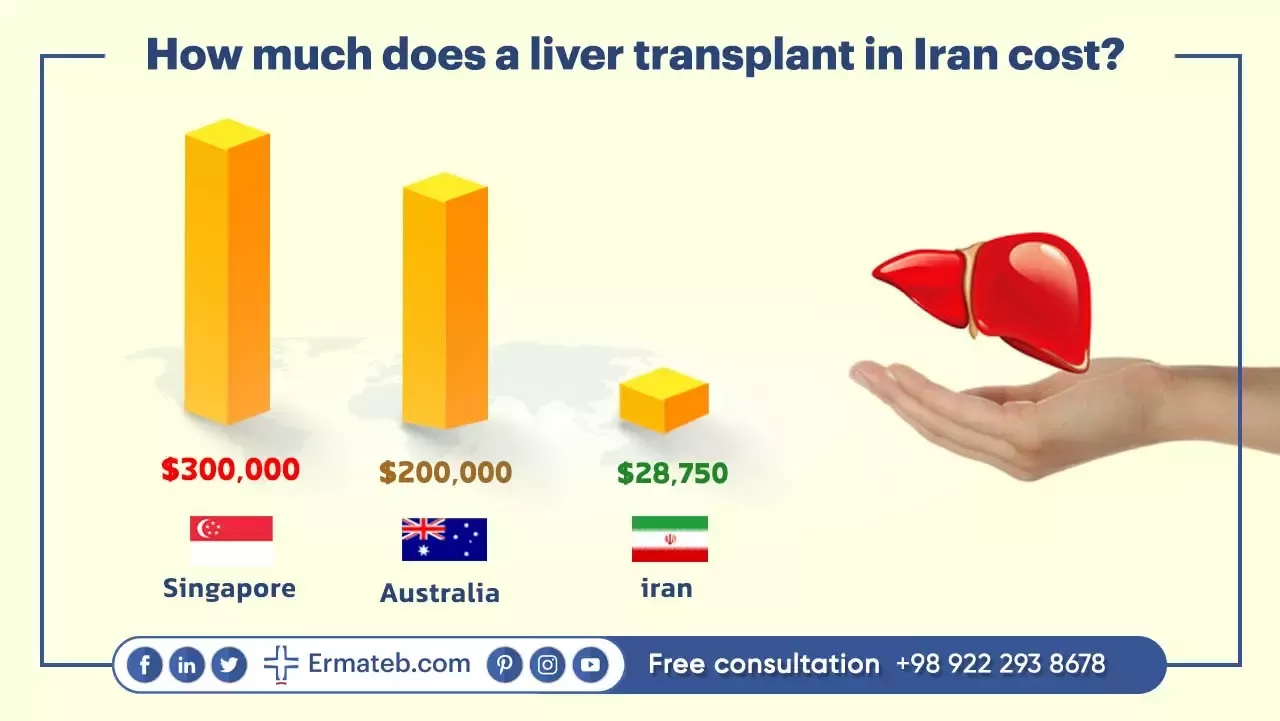
In terms of medical treatment, especially when you want to receive an organ from a donor, money is the most important factor and determines all the levels of the process. Therefore, most patients seek a way to reduce the costs of the procedure while still getting high-quality treatment. In most countries, the price of an organ transplant is relatively high. But in Iran, you have the chance to reduce all of the costs related to your treatment. The price of a liver transplant in Iran is about $10028,000 750 in total. This price was estimated for the total cost of the liver operation. These costs include all examinations done during the 30 days before the surgery and aftercare about 6 months after the procedure. The price of the same procedure for example in Australia is about $200,000, or $300,000 in Singapore for both the recipient and the donor. That is why Iran has turned into a popular place for medical treatments.
The reasons for the low prices here are not related to the bad quality of these services. The low currency of Iran against other countries, the existence of many hospitals and clinics, and the high number of patients who come to this country every year are the reasons why the costs of medical services in Iran are low.
Therefore, for the patients whose budgets won’t let them get their treatments in their own countries, Iran provides a great opportunity for these people to experience affordable treatments overseas.
If you have any questions or want to get more information about the exact cost, contact Ermateb now.
Risks and Complications of Liver Transplant
This surgery is very important in that it can save the patient’s life. However, it has some risks and complications. Therefore, it is important to talk to your doctor about the possible risks and side effects and be aware of what is going to possibly happen after the procedure. Here are some of the risks and side effects of a liver transplant operation:
1. Surgical Risks:
this surgery is a huge operation and therefore some risks may occur such as wound healing problems, bleeding, infection, hernia, or damage to nearby organs. You should be careful since some of them may be life-threatening or lead to death.
2. Graft Failure:
This happens when the new liver doesn’t function properly or stops working. It can be caused by infection, rejection, bile duct problems, blood clots, or other factors. Graft failure may need another liver transplant.
3. Rejection:
rejection occurs when the body’s immune system attacks the new liver since it recognizes it as a foreign object and tries to destroy it. It can happen at any time following the operation, but more happens in the first few months. To prevent the body from rejecting the new liver, the patient will need to take medicines called immunosuppressants forever. These medicines help to weaken your immune system and make you more vulnerable to infections or other diseases.
Remember that not every patient experiences all of the risks we said above. Every patient’s condition is different. Some of the patients may experience these complications but in general, this operation is life-saving and it’s worth it.
The Recovery Period of a Liver Transplant
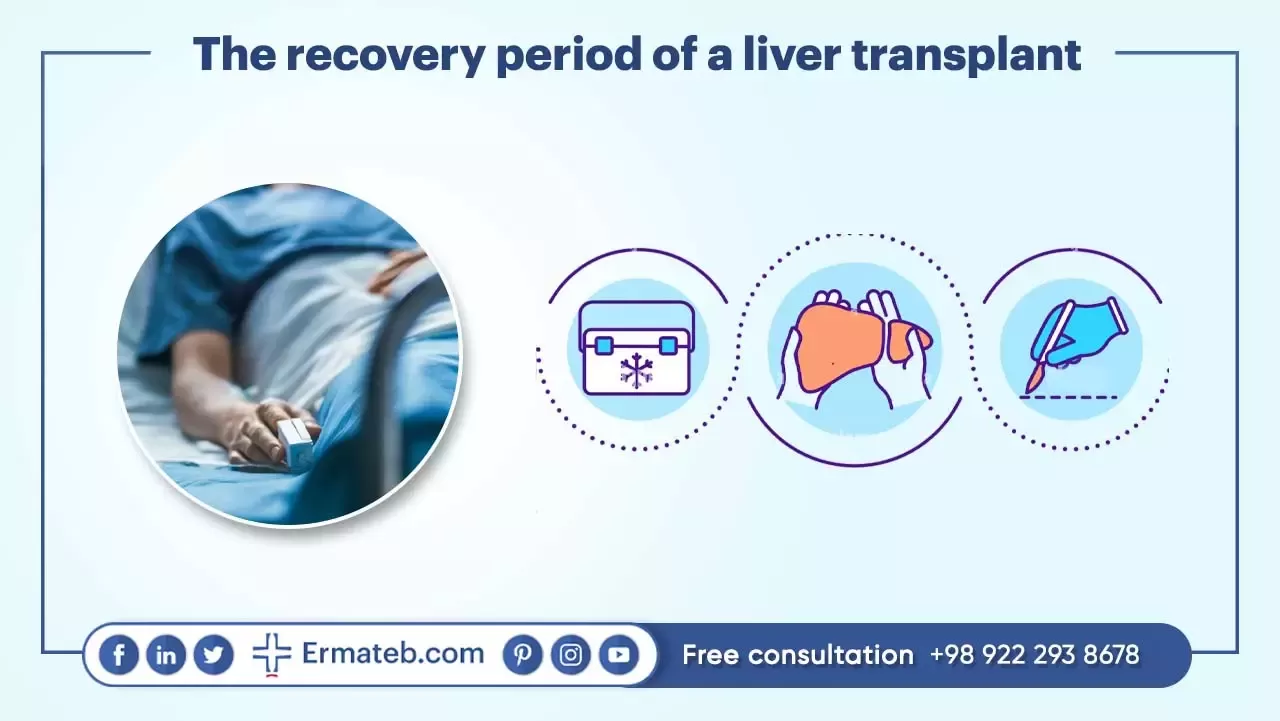
The recovery process is when you have done your treatment and now all you have to do is to rest and take care of your new organ, in this case, the liver. This process may be long and challenging, but it can be life-changing too.
After the operation, the patient will be taken to the ICU (the intensive care unit). In ICU, the patient will be closely monitored for any possible side effects like organ rejection, bleeding, or infection. Pain medications and antibiotics will be given to the patient to prevent infection. After the patient’s condition improves, he/she will be moved to a regular hospital room. The patient has to stay at the hospital for about 10 – 14 days.
The patient will be required to follow a rehabilitation program to help them recover their strength and mobility following the operation. This may be physical therapy, nutritional counseling, occupational therapy, and psychological support. The recipient will be required to follow a healthy lifestyle and avoid some things they used to do like smoking and drinking alcohol to protect their new liver. The patient better avoids people who are sick or individuals with infections.
The patient will be able to begin their normal activities after a few weeks of the recovery period. However, the recovery process for some patients can take up to one year and after that, they can return to most of their normal activities. The recipient may require to avoid heavy lifting, traveling, strenuous exercise, or driving for several months. He/she may also be required to make some adjustments in their work or school schedule. After all the things we have said, don’t worry about getting back to your normal life. You will be able to do and enjoy most of the activities you did before the transplant, like hobbies, traveling, sports, and socializing.
It is better to have a certain diet after the surgery, but if you cannot stick to a certain diet, several tips exist to maintain the liver’s health following the operation. These steps are:
- Maintain a low-fat and low-salt diet.
- Drink adequate water and other fluids every day to stay hydrated.
- Stop using grapefruit and grapefruit juice since they affect a group of immunosuppression medications.
- Stop drinking alcohol.
- Drink and eat low-fat dairy products to maintain enough calcium.
- Eat whole-grain bread, cereals, and other grains.
- Eat fish, lean meats, and poultry.
- Make sure you have enough fiber in your daily diet. You can add fiber to your diet by eating fruits and vegetables every day.
In the end, make sure you will be done with the doctor’s post-op instructions step by step, and if you face any unusual symptoms, inform your doctor.
How Ermateb Can Help Patients to Get Their Liver Transplants in Iran?
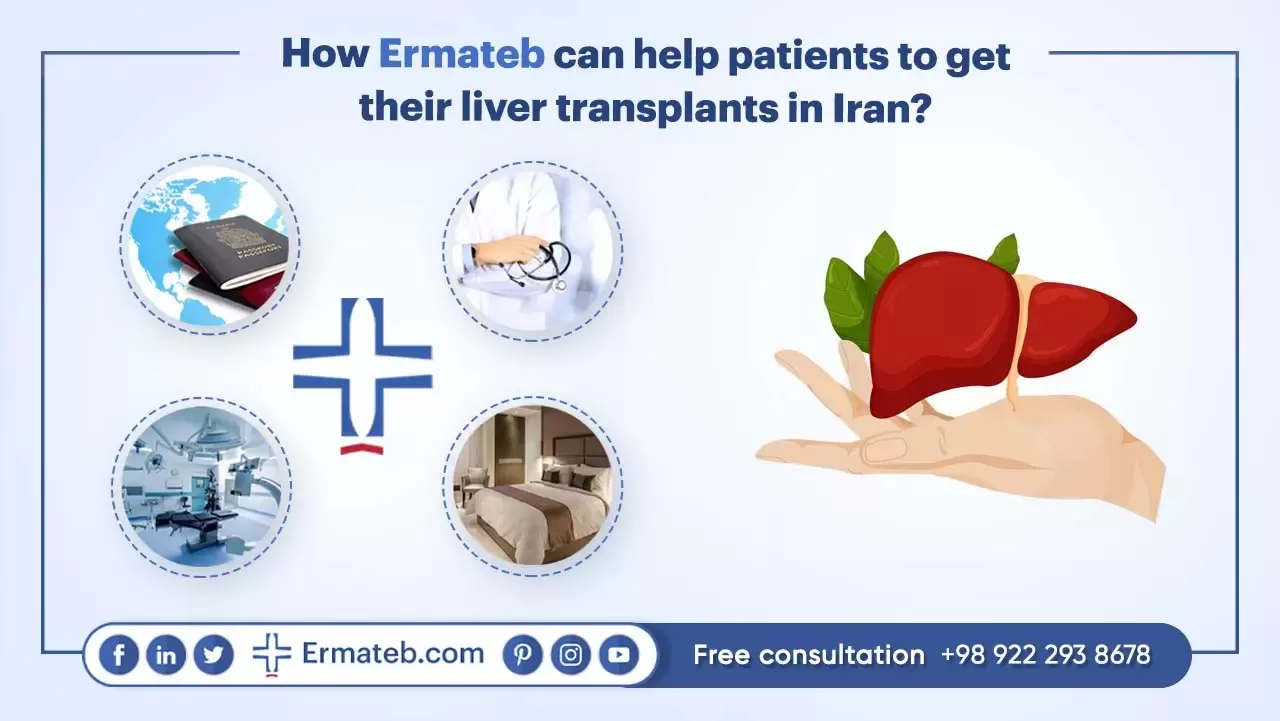
Choosing Iran to get your treatments is the best option you can have to enjoy the best medical services you will get while paying low. Medical tourism companies like Ermateb are ready to offer you excellent treatments.
Many patients all around the world travel here to get medical services because of many merits including affordable and low prices, the best doctors and specialists, and the best hospitals with highly qualified treatments.
Medical centers have the latest techniques and medical facilities, and also, these centers compete in attracting patients, especially those who come from the Middle East or Iran’s neighboring countries. Therefore, attracting patients is the reason why the clinics and hospitals of Iran use the best material with high quality to satisfy the patients.
For any type of transplant, it is crucial to choose a professional surgeon. So, the first thing the patient should do is set up a consultation with an expert surgeon. After the consultation, the surgeon will do the best technique they think is the best for your condition.
Ermateb is a facilitator in the medical tourism industry located at the Iran University of Medical Sciences. This company will provide you with the best treatments at the best hospitals and an affordable cost and also do all the arrangements for your trip to this country. The company's goals are to provide services of the highest quality and help patients with all they need to know about having their treatment. Choosing the best specialist and surgeon, the best hospital for performing the liver transplant, the hotel, obtaining the visa, booking the flight and accommodation, transportation, aftercare, and all the services you are going to receive during your travel to this country are the duties of our company. Therefore, we make sure you are going to experience good treatment here and also enjoy your travel to a new country. Besides getting your medical services, you can visit the cities and the historical and cultural attractions of Iran.
After you decide to travel to Iran, all you need to do is to contact us. We will do everything it needs to get done. You can contact us in two ways: first, you can message us via WhatsApp, and second, you can fill out the online form on our website. After that, a personal coordinator will be arranged to guide you through the next process of your operation and our consultant may ask for your information and documents. Patients must provide all the necessary information and records needed to the company.


 Arabic
Arabic
 German
German
 Persian (Farsi)
Persian (Farsi)
 Russian
Russian
 Beauty
Beauty



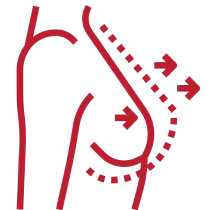

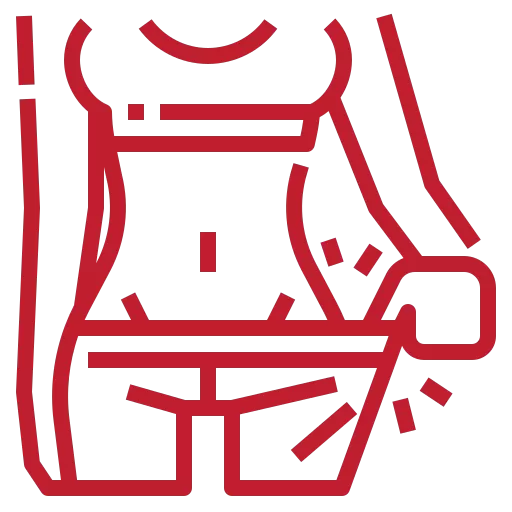
 Medical
Medical





 Hotels
Hotels
 Hospitals
Hospitals







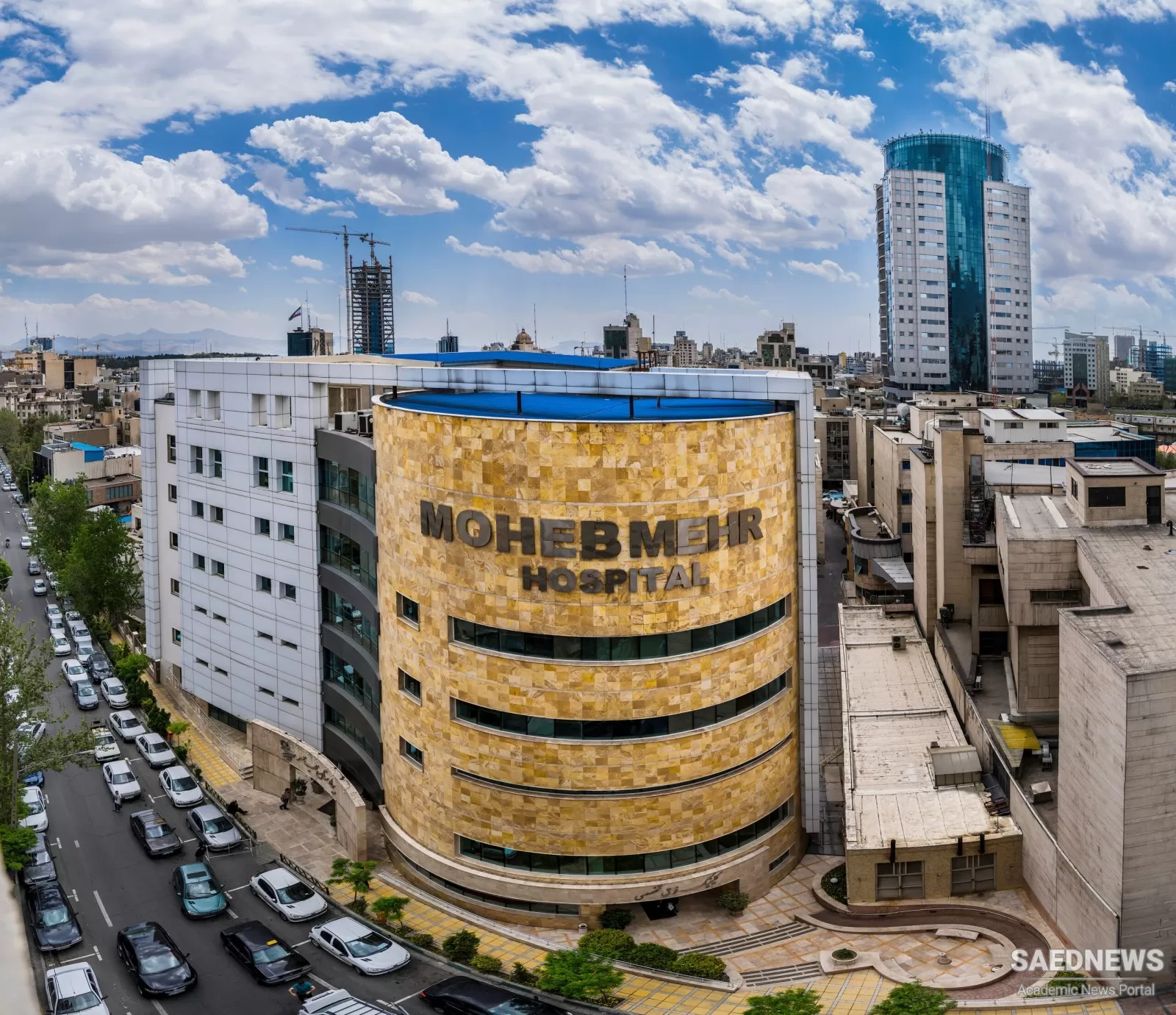
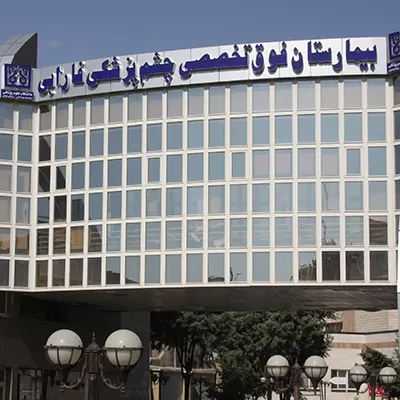
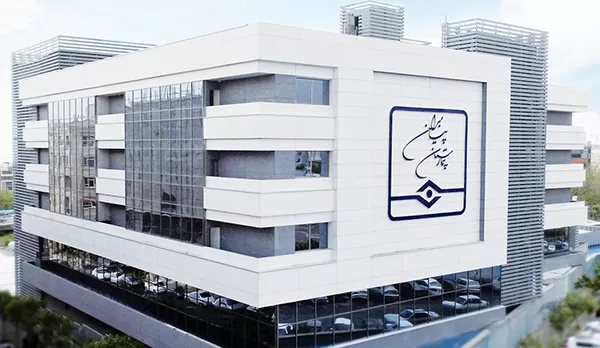

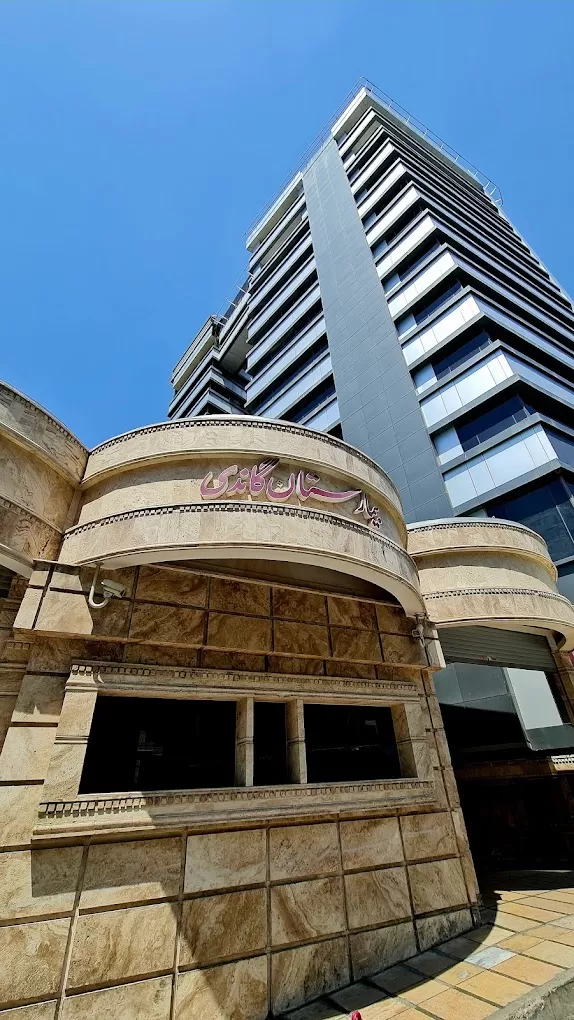
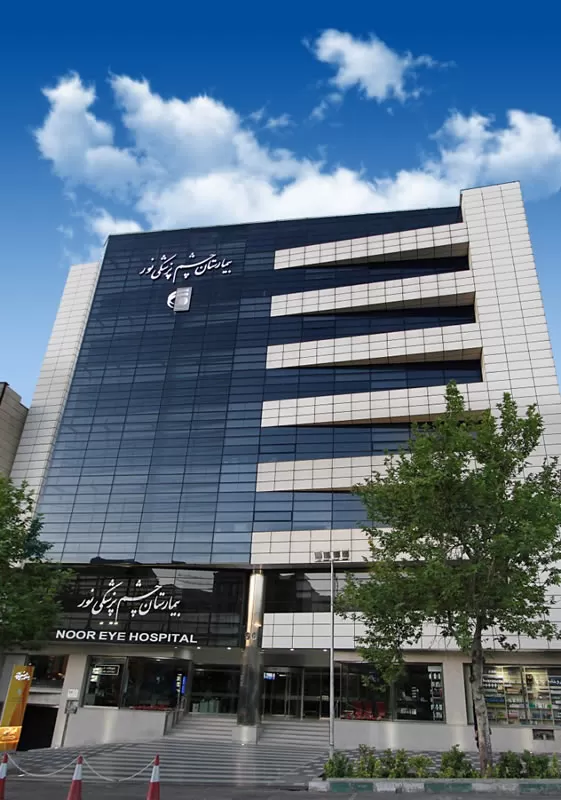
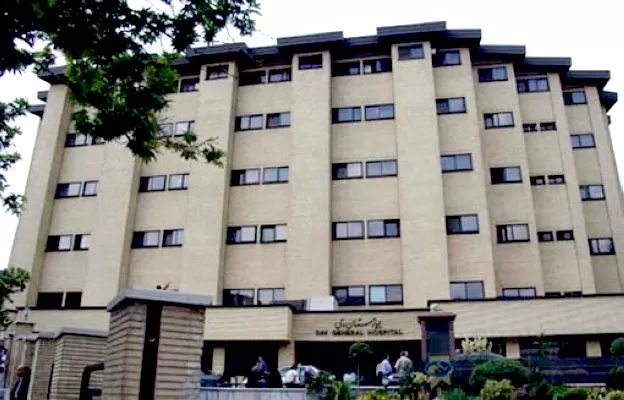
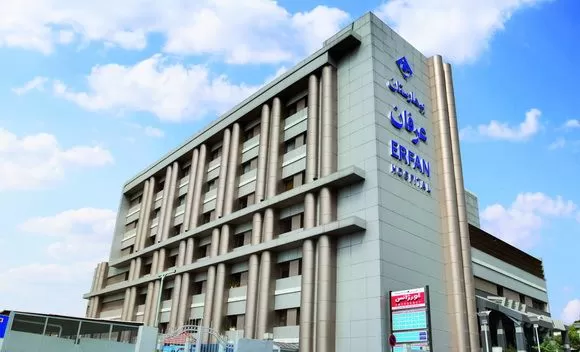
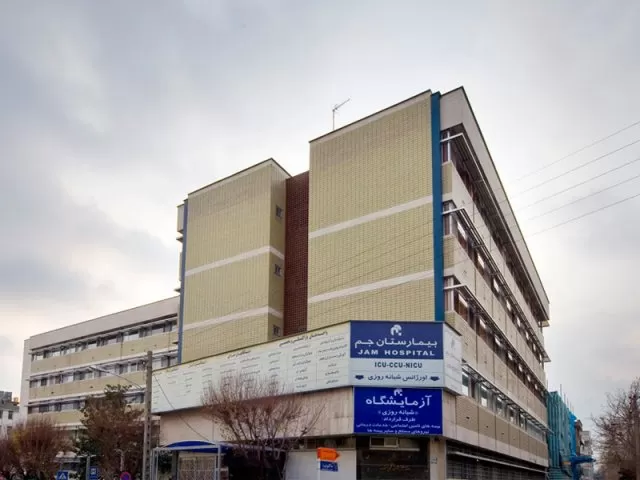
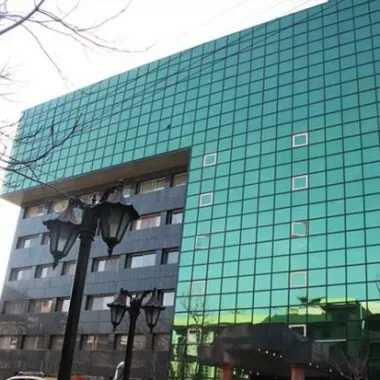
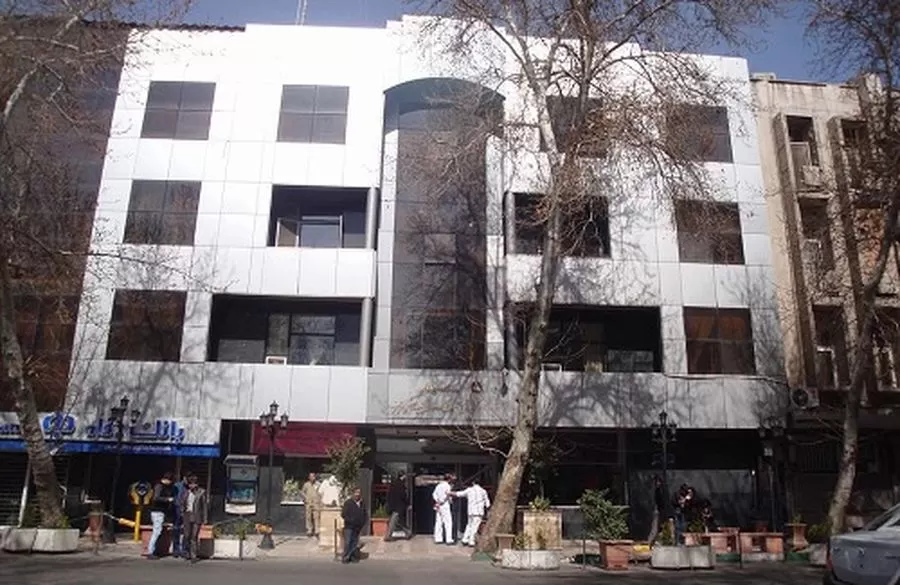
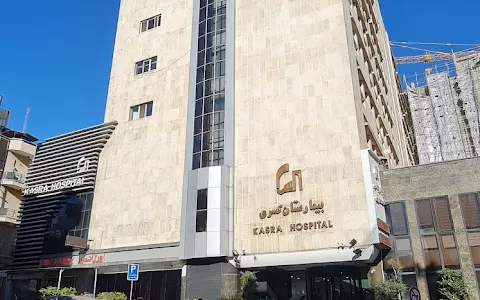
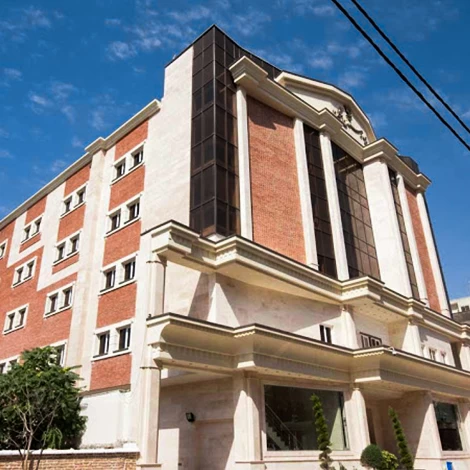
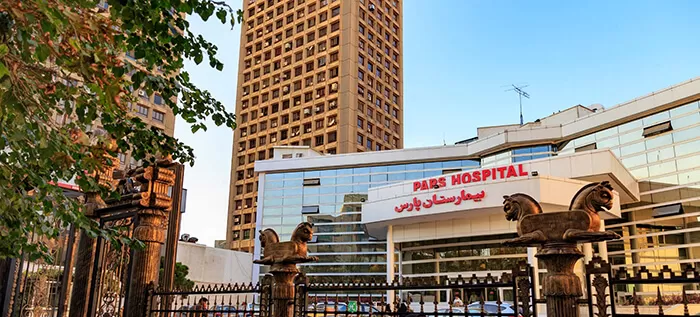
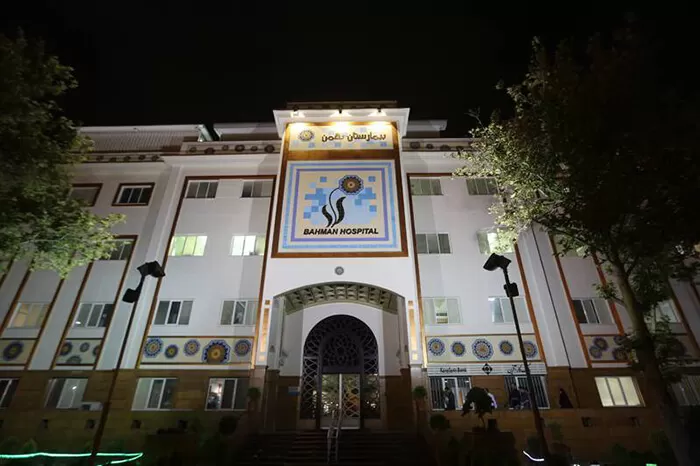
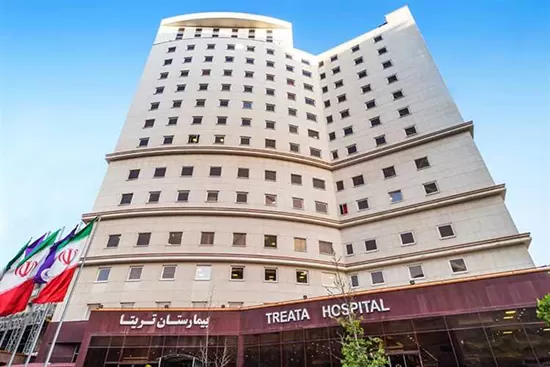


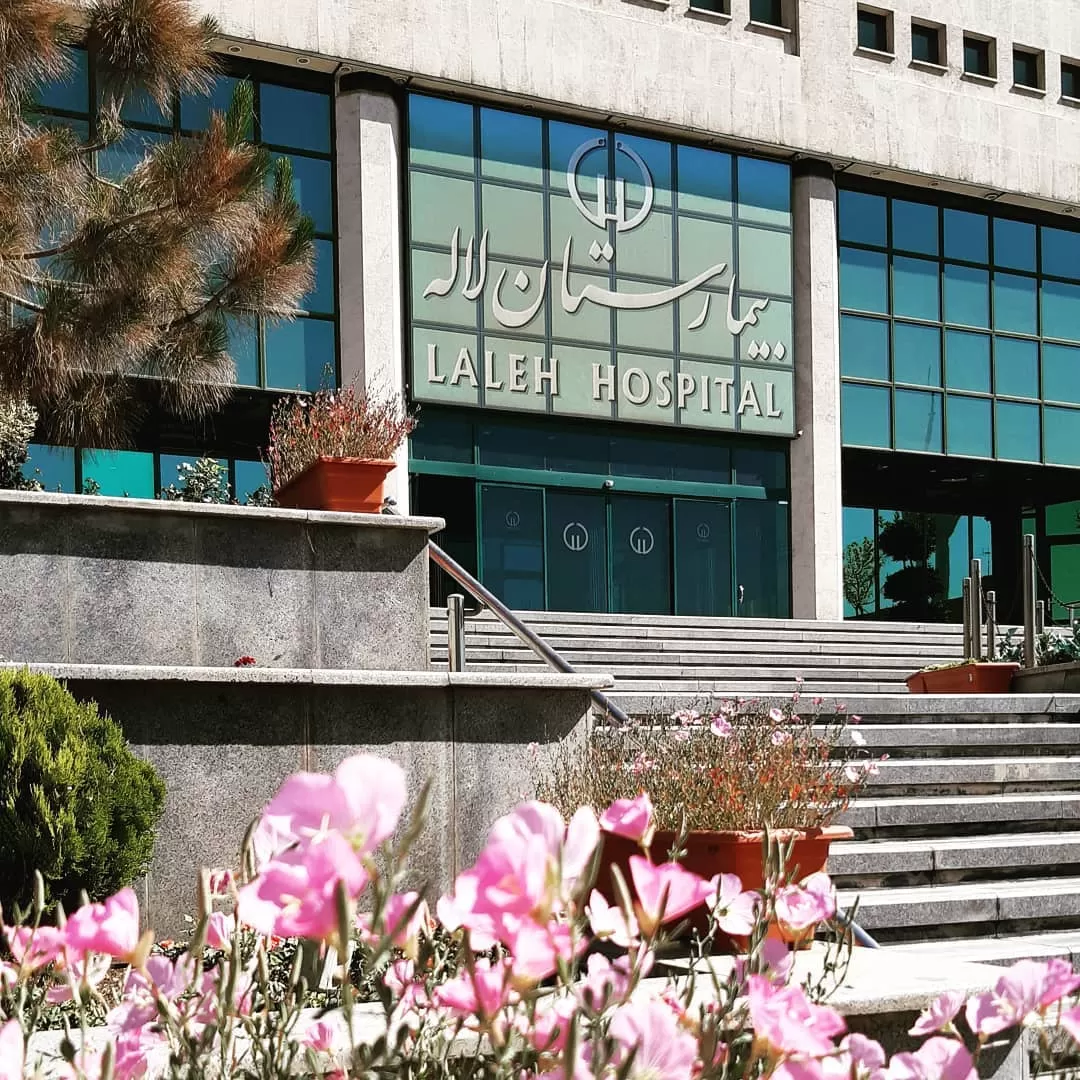
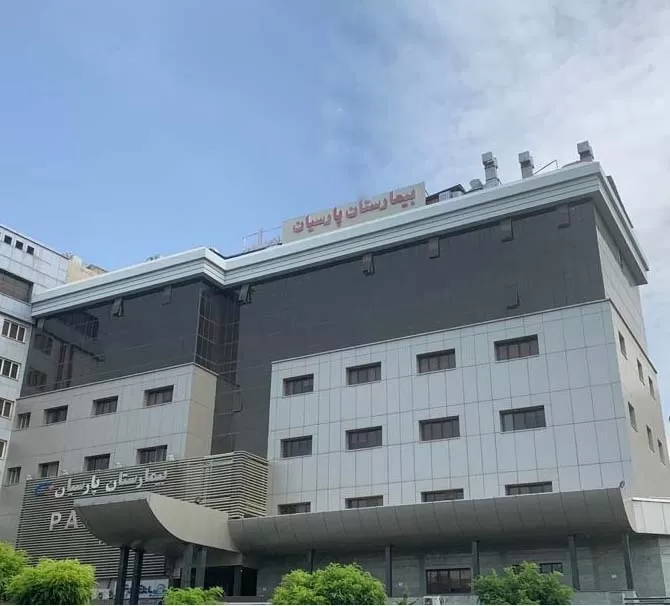
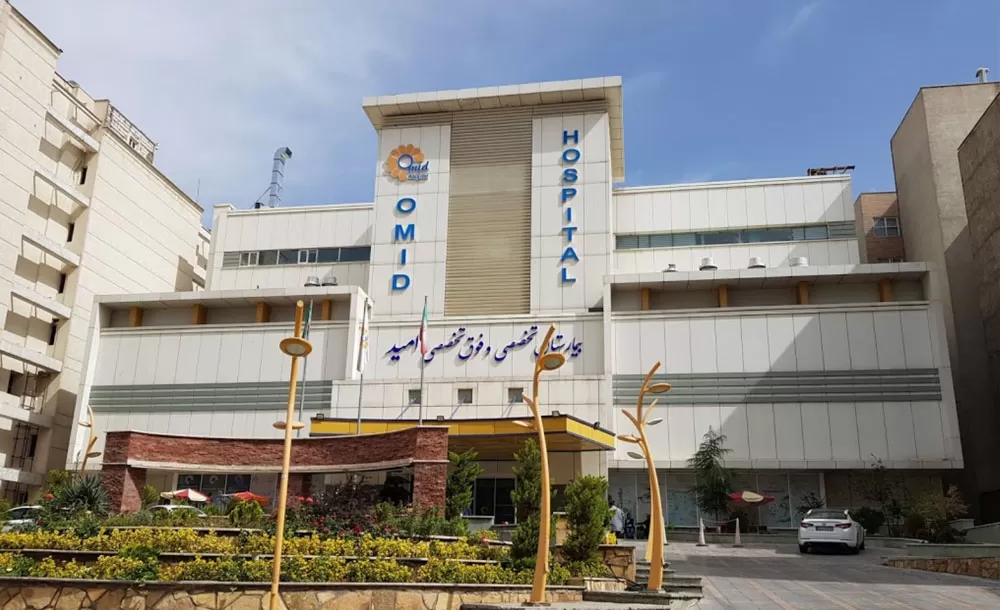
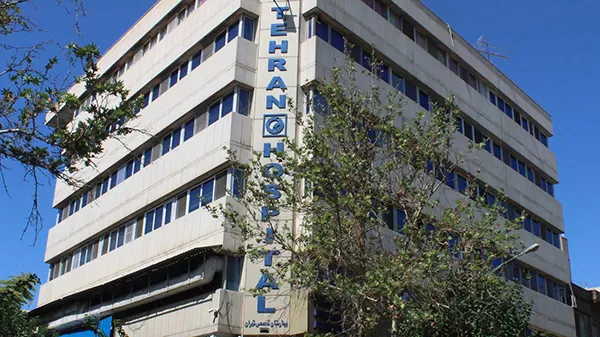

![Frequently asked question about [name]](/v2tem/images/pages/service/faq-image.webp)
